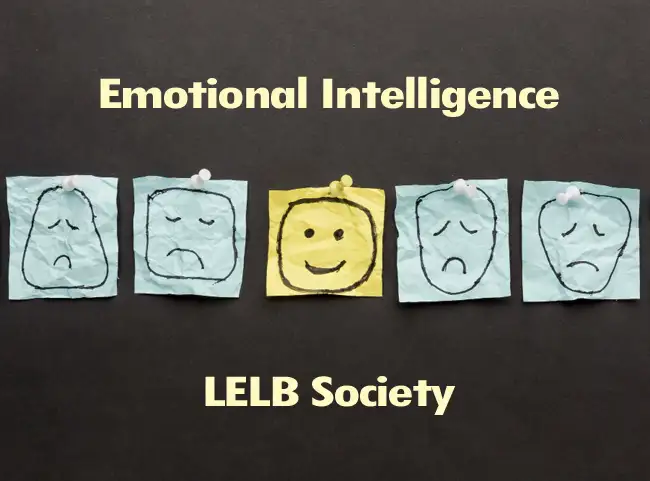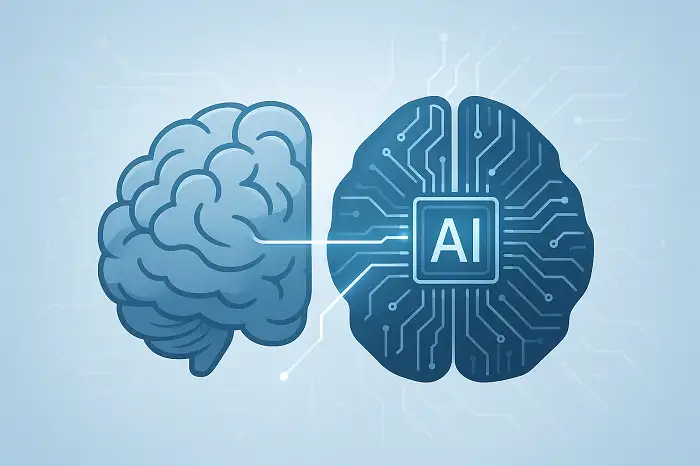IELTS Listening Practice Multiple Intelligences IELTS Listening Practice Multiple Intelligences About this activity This activity is labeled round table by Dr. Hariri, the creator and administrator of LELB Society. This activity is on the premise of Flipped Learning, according to which the students watch a video before the class, carry out research into the selected theme, and prepare themselves for an informed discussion in the class. This activity is on the basis of both synchronous and asynchronous computer-mediated communication (CMC), according to which the students are also encouraged to be active even before the class. In this flipped classroom activity, the students are encouraged to utilize the comment form at the bottom of the post to to exchange their questions, findings, and experiences with each ...
Home » Listening Practice in English » IELTS Listening Practice Multiple Intelligences

IELTS Listening Practice Multiple Intelligences
Updated: by Dr. Mohammad Hossein Hariri Asl
Time to Read: 5 minutes | 422 Views | 19 Comments on IELTS Listening Practice Multiple Intelligences
Share This Post
About the Author
Dr. Mohammad Hossein Hariri Asl is an English and Persian instructor, educator, researcher, inventor, published author, blogger, SEO expert, website developer, entrepreneur, and the creator of LELB Society. He's got a PhD in TEFL (Teaching English as a Foreign Language).
Number of Posts: 4243



9. What is the difference between Talent and Intelligence?
Talent and intelligence, though closely related, are distinct concepts. Intelligence refers to the ability to learn, understand, and apply knowledge to solve problems and adapt to new situations. It encompasses various cognitive abilities such as logical reasoning, verbal skills, and memory. Talent, on the other hand, is a natural aptitude or skill in a specific area, such as music, art, sports, or writing. While intelligence can contribute to the development and refinement of talents, talents are often innate and can be honed through practice and experience. Essentially, intelligence is a broader cognitive capability, whereas talent is a specialized proficiency in a particular domain.
8. What do you know a bout eighth intelligence? what is that?
Corrections:
1. The eighth intelligence
2. about
3. What is that? (Capitalize “W”)
7. What is existential intelligence and what are some questions?
Existential intelligence, also known as spiritual intelligence or cosmic intelligence, is the capacity to ponder deep questions about human existence, such as the meaning of life, why we are here, and the nature of reality.
6. Can most people develop each intelligence to an adequate level of competency?
Yes, most people can develop each type of intelligence to an adequate level of competency through dedicated practice and learning. While individuals may have natural predispositions in certain areas, the theory of multiple intelligences posits that everyone possesses all types to varying degrees. With effort, education, and the right resources, people can strengthen and enhance their abilities in areas where they might initially be less proficient.
4. Is it better to be a jack of all trades or a master of one?
This is question No. 5.
Hi. Sorry, when I was writing these questions there were only 2 questions.
That’s OK. We were leaving comments at the same time.
3. What is musical intelligence?
This is question No. 4.
3. How can you distinguish interpersonal intelligence from intrapersonal intelligence?
2. What is the difference between five-year-old children and philosophers when it comes to questions?
The key difference between five-year-old children and philosophers when it comes to questions lies in their approach and intent. Five-year-old children often ask questions out of pure curiosity and a desire to understand the world around them. Their questions are spontaneous and driven by immediate observations or experiences. In contrast, philosophers ask questions with a more systematic and critical approach, seeking to explore deeper meanings, underlying principles, and broader implications.
1. What is spatial intelligence?
Spatial intelligence is the ability to visualize, manipulate, and comprehend spatial relationships and dimensions in the physical world. This form of intelligence involves skills such as recognizing patterns, interpreting maps, and creating mental images of objects from different perspectives. People with strong spatial intelligence excel in tasks that require a keen sense of space, direction, and visual accuracy, making them adept in fields like architecture, art, engineering, and navigation.